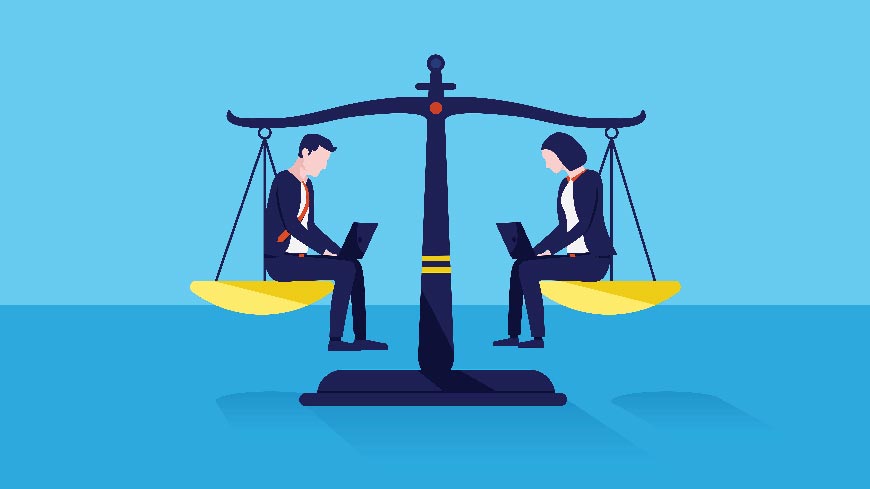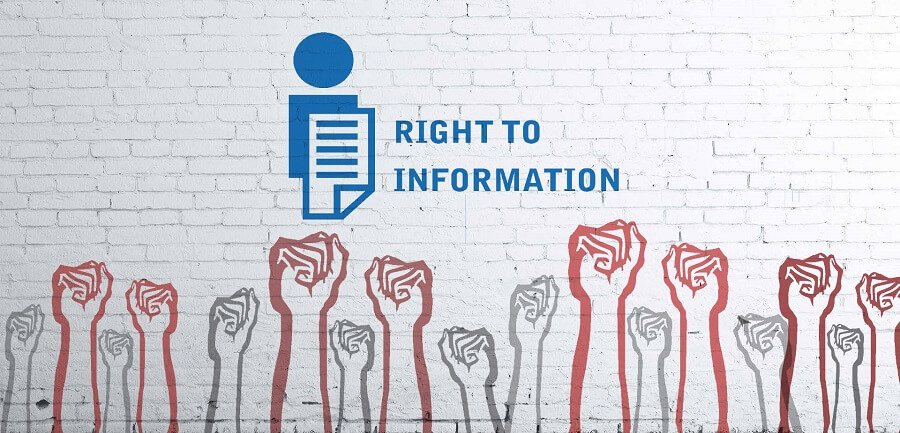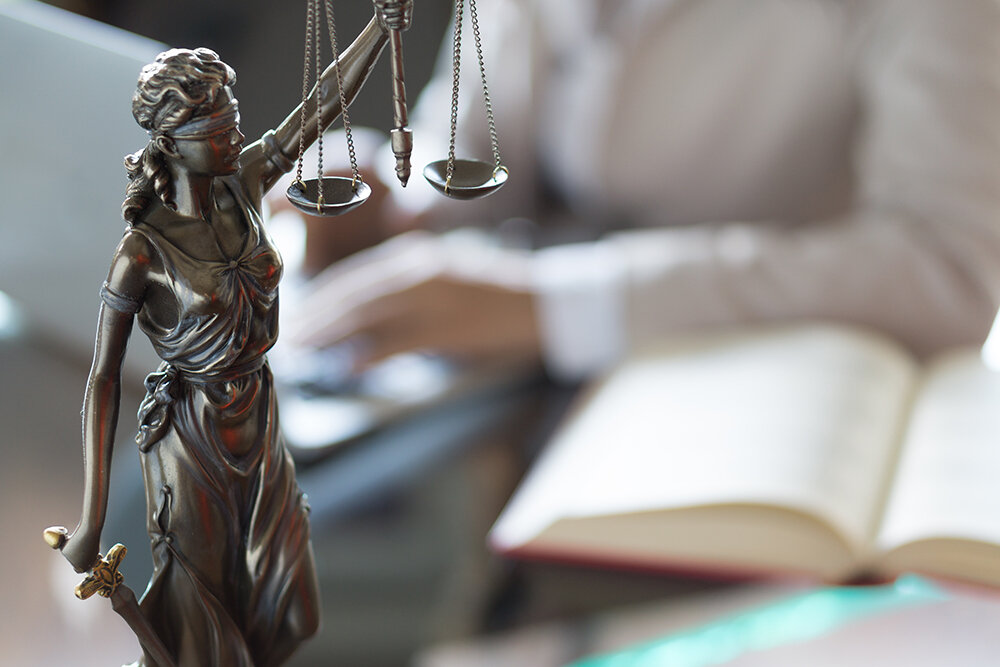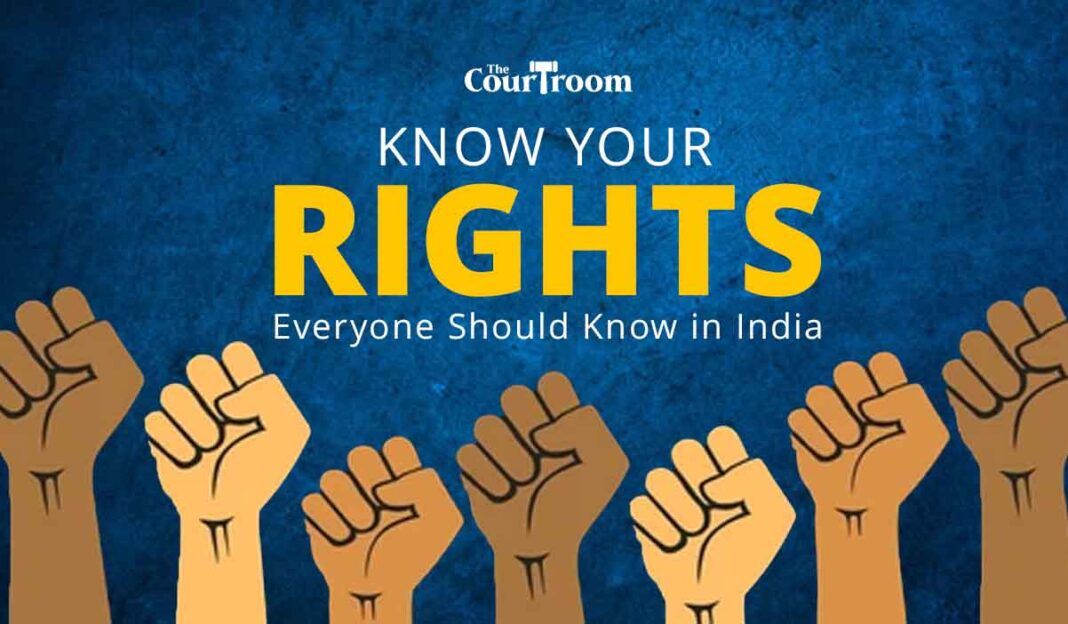Understanding your legal rights is crucial for navigating life in India
This article explores ten key legal rights every Indian citizen should know, from the Right to Equality and Freedom of Speech to the Right to Education and Constitutional Remedies. Enshrined in the Indian Constitution and various laws, these rights ensure justice and equality for all. Being aware of these legal rights empowers you to protect yourself, make informed decisions, and stand up against injustice. Stay informed and exercise your rights to uphold democracy and make a positive impact in society.
The Right to Equality (Article 14-18)

Equality Before Law
The Indian Constitution ensures that every citizen is treated equally before the law. Article 14 guarantees equality before the law and equal protection of the laws within the territory of India. This means that the state cannot deny any person equality before the law or equal protection under the law.
Practical Application:
You have the right to challenge any discriminatory laws or actions that treat you unfairly based on arbitrary classifications like caste, religion, gender, or place of birth.
The Right to Freedom of Speech and Expression (Article 19)

Express Your Thoughts Freely
Article 19 of the Indian Constitution guarantees the right to freedom of speech and expression, allowing individuals to express their thoughts, opinions, and beliefs freely. However, this right is subject to reasonable restrictions for maintaining public order, decency, and morality.
Practical Application:
You can write, speak, and express your views on social media platforms, in print, or during public gatherings, provided you do not incite violence or spread hate speech.
The Right to Protection Against Discrimination (Article 15-16)

Safeguard Against Unfair Treatment
Articles 15 and 16 of the Constitution prohibit discrimination on grounds of religion, race, caste, sex, or place of birth. These articles ensure that every citizen has equal access to public places and opportunities in public employment.
Practical Application:
You can file a complaint if you face discrimination in government jobs, educational institutions, or public places based on caste, religion, or gender.
The Right to Life and Personal Liberty (Article 21)

Protection of Life and Liberty
Article 21 provides the right to life and personal liberty, ensuring that no person is deprived of their life or personal liberty except according to the procedure established by law. This article has been interpreted broadly to include the right to privacy, the right to a clean environment, and the right to livelihood.
Practical Application:
You can challenge any law or action that threatens your personal liberty or life, such as unlawful detention or environmental hazards.
The Right to Education (Article 21A)
![Children's Right To Education Is A Human Right: Kerala HC Directs Govt. To Sanction LP School [Read Judgment]](https://www.livelaw.in/h-upload/images/1600x960_right-to-education-act.jpg)
Education as a Fundamental Right
Article 21A mandates free and compulsory education for all children aged 6 to 14 years. The Right to Education Act, 2009, ensures that every child receives an education and specifies standards for schools and teachers.
Practical Application:
If a child is denied admission to school or faces discrimination, legal action can be taken to ensure they receive the education they are entitled to.
The Right to Freedom of Religion (Article 25-28)

Freedom to Practice Religion
Articles 25 to 28 guarantee the freedom of conscience and the right to profess, practice, and propagate religion. These rights are subject to public order, morality, and health, allowing individuals to follow their faith without discrimination.
Practical Application:
You can practice your religion freely, celebrate religious festivals, and participate in religious activities without fear of persecution.
The Right to Constitutional Remedies (Article 32)

Right to Approach the Supreme Court
Article 32 provides the right to move the Supreme Court to enforce fundamental rights. This right empowers individuals to seek justice when their fundamental rights are violated, and it is often referred to as the “heart and soul” of the Constitution by Dr. B.R. Ambedkar.
Practical Application:
You can file a writ petition in the Supreme Court or High Courts if your fundamental rights are violated by the state or any authority.
The Right to Information (RTI) Act, 2005

Access to Government Information
The Right to Information Act, 2005, empowers citizens to access information held by public authorities. This transparency tool allows individuals to request information and hold government officials accountable for their actions.
Practical Application:
You can file an RTI application to obtain information about government projects, policies, and decisions affecting your community.
The Right to Protection from Arrest and Detention (Article 22)

Safeguards Against Arbitrary Arrest
Article 22 provides protection against arbitrary arrest and detention. It ensures that individuals are informed of the grounds for their arrest, have the right to consult a lawyer, and are produced before a magistrate within 24 hours.
Practical Application:
If you are detained or arrested, you can demand to know the reasons, seek legal counsel, and ensure your rights are upheld during the process.
The Right to Free Legal Aid

Access to Justice for All
Under Article 39A of the Indian Constitution, the state is required to provide free legal aid to ensure that justice is not denied to individuals due to economic constraints. The Legal Services Authorities Act, 1987, established legal services authorities to provide free legal services to eligible citizens.
Practical Application:
If you cannot afford legal representation, you can apply for free legal aid through the National Legal Services Authority (NALSA) or state legal services authorities.
Conclusion
Knowing your legal rights is a powerful tool in protecting yourself and ensuring justice is served. Whether facing discrimination, seeking education, or protecting your personal liberty, these rights empower you to stand up against injustice. Stay informed, exercise your legal rights, and seek legal assistance when necessary to uphold the principles of equality, freedom, and justice enshrined in the Indian Constitution.
Share your news, articles, deals, columns, or press releases with us! Click the link to submit and join our platform today.


